by Lisa Cooke | Nov 13, 2014 | 01 What's New, Ancestry, DNA, Gifts, Records & databases
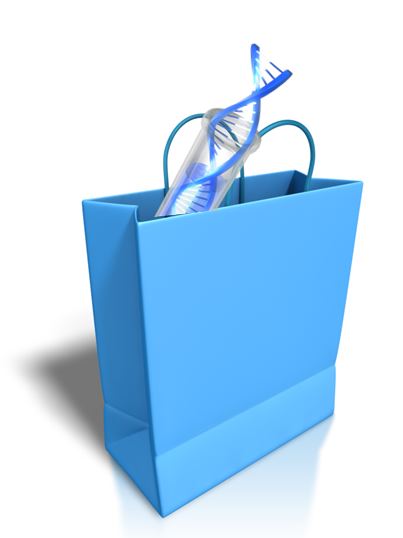 Savvy shopping can save you money and time. So what does savvy DNA shopping look like? Genetic genealogy tests–yDNA, autosomal and mDNA–do require a financial investment. They aren’t cheap. But they can save you hours of traditional research and give you results that no paper trail may provide.
Savvy shopping can save you money and time. So what does savvy DNA shopping look like? Genetic genealogy tests–yDNA, autosomal and mDNA–do require a financial investment. They aren’t cheap. But they can save you hours of traditional research and give you results that no paper trail may provide.
Three main companies are currently selling autosomal DNA tests (that’s the test that is not limited to a direct maternal or a direct paternal line, and that can help you find genetic cousins with connections back as far as six or seven generations). Those three companies, 23andMe.com, DNA Ancestry and Family Tree DNA are all competing for you genetic genealogy dollar. All offer a good service, and it can be difficult to decide who to give your $99 to.
and Family Tree DNA are all competing for you genetic genealogy dollar. All offer a good service, and it can be difficult to decide who to give your $99 to.
When your success or failure in finding matches depends entirely on who else has also been tested, it would be nice to have a crystal ball to tell you which testing company has the most participants who are useful to your research. FTDNA has no crystal ball, but they now are offering a reasonable substitute: FREE access to their database for anyone who has test results from 23andMe (if you received results before November of 2013) and AncestryDNA . Yes, I said FREE!
. Yes, I said FREE!
There are conditions. You can see your first 20 matches (but they can’t see you), and try out some of the tools that FTDNA has to help you identify how you are related to others. To have full access to the tools and results, you can pay $38, or just recruit four of your family members or friends to transfer, and then your transfer is FREE.
So, if you have been tested by Ancestry or 23andMe, run, don’t walk, to transfer your Y-DNA results to Family Tree DNA and take a look inside their version of the crystal ball. If you haven’t “done DNA” yet, currently the best option is to be tested with AncestryDNA and then transfer to FTDNA.” (watch for holiday sales, which would probably drop the price to $79). This gives you access to TWO databases of potential relatives for around $110–if you are a savvy shopper!
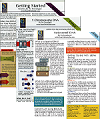
Final DNA shopping tip: be an educated consumer! Check out these quick guides I wrote to help genealogists find and use the DNA products that will help their research. Purchase each guide individually or pick up all 4 for the best deal!
Visit my website to learn about expert consultations with me. You’ll get customized guidance on which tests to order and how to maximize your results for your genealogy research.
by Lisa Cooke | Nov 12, 2014 | 01 What's New, Family History Library, FamilySearch, MyHeritage
MyHeritage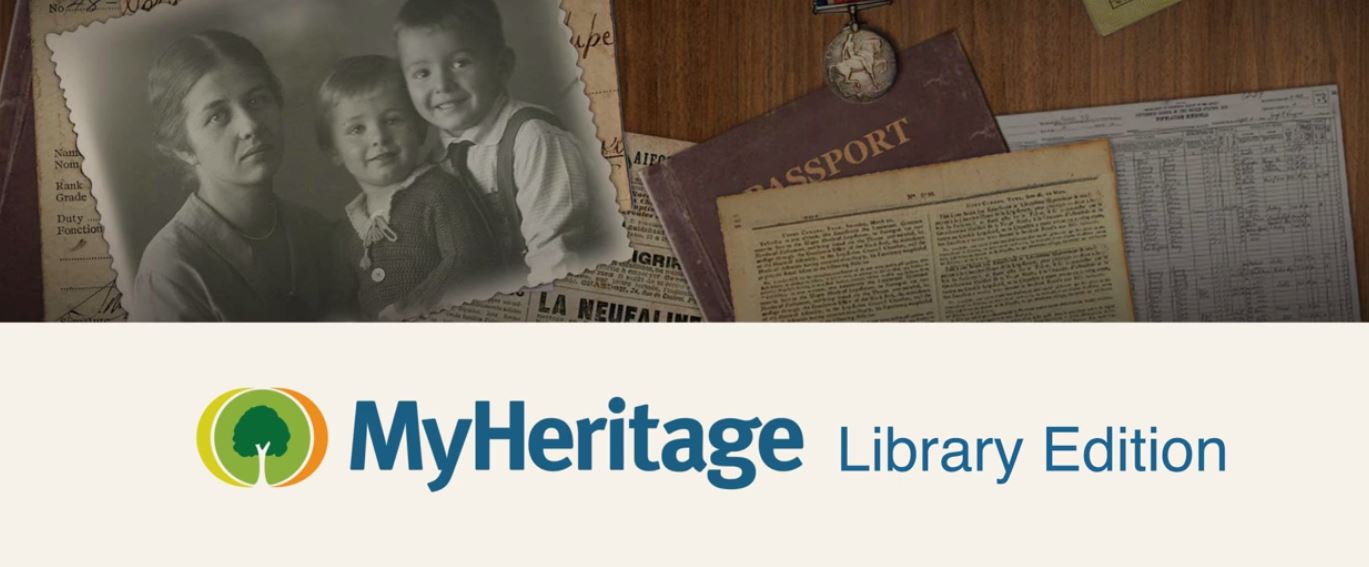 has launched the MyHeritage Library Edition™ for libraries and other educational facilities around the world. Among the first to sign up for this service? The Family History Library.
has launched the MyHeritage Library Edition™ for libraries and other educational facilities around the world. Among the first to sign up for this service? The Family History Library.
MyHeritage Library Edition™ is now available for free at every FamilySearch family history center and Family History Library in the world. FamilySearch operates more than 4,700 family history centers in 134 countries. The centers are dedicated family history spaces, open to anyone with an interest in genealogical research. Visitors enjoy free access to historical records and personal assistance from staff to help them in their search for information. (Find a Family History Center near you.)
Here are some highlights to MyHeritage Library Edition:
- Record content: access to billions of historical documents, millions of historical photos and other resources in thousands of databases that span the past 5 centuries.
- Language diversity: Available in 40 languages–the industry’s most multilingual family history search engine.
- Powerful technology: Automatic handling of translations, synonyms and spelling variations of millions of names in multiple languages AND unique Record Detective™ technology that recommends additional records for each record discovered.
- Remote Access: Library members can use the MyHeritage Library Edition™ either at their local library or in the comfort of their own home using remote access.
See a video tutorial here for MyHeritage Library Edition.
Ask your local public or university library to subscribe!
by Lisa Cooke | Nov 5, 2014 | 01 What's New, Ancestry, Beginner, Census, FamilySearch, Records & databases
 Good news for those who had relatives in New York in the 1860s: the 1865 New York State Census is now searchable online at FamilySearch.org.
Good news for those who had relatives in New York in the 1860s: the 1865 New York State Census is now searchable online at FamilySearch.org.
Just five years earlier, the 1860 U.S. federal census counted nearly four million people in this its largest state. New York claimed two of the three biggest U.S. cities: New York City and Brooklyn, with a combined population of over a million.
According to FamilySearch, “This collection contains most of the 1865 New York state census records still in existence. Ten schedules were filed for each locality, including population, marriages, and deaths schedules. The population schedule included the name, age, birthplace, and occupation of each household member. Most counties are covered, but some records were destroyed. The record is a printed form that was filled in by hand by the enumerator. The records are usually buy bipolar medication online arranged by county and town.”
Several counties are missing from this dataset. But it’s got a hefty 2.5 million records, over 60% of the population as counted in 1860. So check it out if you have Empire State ancestors!
Didn’t know New York conducted state censuses? Check out these additional resources:
- Ancestry.com has a database of New York State censuses for 1880, 1892 and 1905. The 1892 census is especially critical because of the 1890 U.S. federal census is almost entirely lost.
- Learn more about U.S. state censuses and other special censuses in Episode 10 of our Family History Made Easy podcast. (This episode is the second of a three-part series on using census records: click here for the full list of episodes of this step-by-step free genealogy podcast.)
by Lisa Cooke | Nov 3, 2014 | 01 What's New, Conferences, RootsTech, Technology
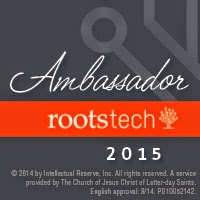 RootsTech 2015 is shaping up to be a major production again! This three-day technology-oriented family history mega-conference offers over 200 classes for beginners-to-pros, hands-on computer labs and big-name evening entertainment options. The conference runs in conjunction with the Federation of Genealogical Societies conference, so attendees can catch two powerhouse conferences with one visit to genealogy mecca Salt Lake City, Utah.
RootsTech 2015 is shaping up to be a major production again! This three-day technology-oriented family history mega-conference offers over 200 classes for beginners-to-pros, hands-on computer labs and big-name evening entertainment options. The conference runs in conjunction with the Federation of Genealogical Societies conference, so attendees can catch two powerhouse conferences with one visit to genealogy mecca Salt Lake City, Utah.
Our news of the day is that RootsTech has given us a FREE RootsTech All-Access Pass for one of YOU. This is a $159 value–itself an enormous value for all the fun and learning you’ll find at RootsTech.
If you can get yourself to Salt Lake City for RootsTech from February 12-14, 2015, you can enter to win this pass.
TO ENTER:
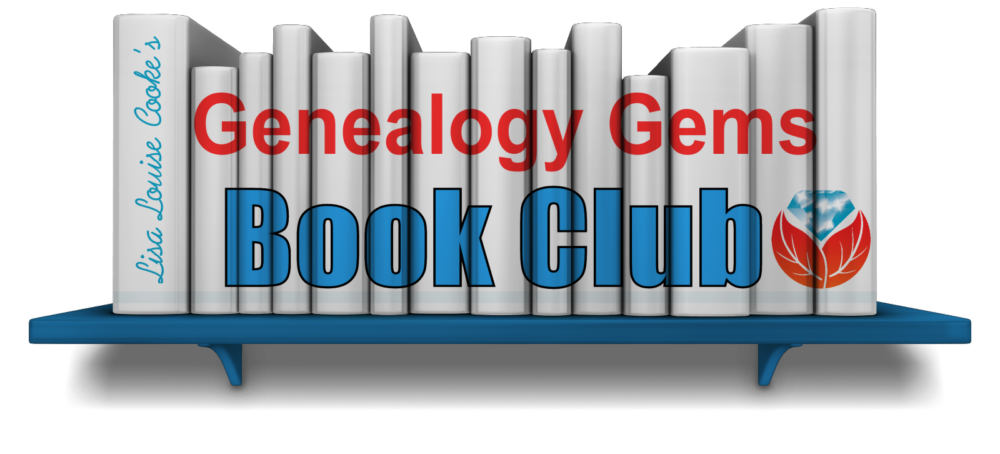 Email us and in the subject line include the title of the book we are currently featuring in our brand new high & low tech Genealogy Gems Genealogy Book Club.
Email us and in the subject line include the title of the book we are currently featuring in our brand new high & low tech Genealogy Gems Genealogy Book Club.- In the body of your email, tell us whether you think you’ll read the book. (Tell us why if you’d like–your opinion won’t affect whether you win!)
- Include your name, email address and phone number.
- No purchase necessary.
- Your entry must be received by Nov. 25, 2014. The randomly selected winner will be announced in the Dec. 4, 2014 newsletter.
We just launched our new Book Club last month and we’re already hearing enthusiastic response. Our Book Club is free and features mainstream fiction and nonfiction titles that make great reads for those who care about family history. Sign up for our free monthly newsletter to follow the Book Club selections.
Good luck!
by Lisa Cooke | Oct 29, 2014 | 01 What's New, Conferences
Registration is now open for the New England Regional Genealogical Conference (NERGC) in Providence, Rhode Island on April 15-18, 2015.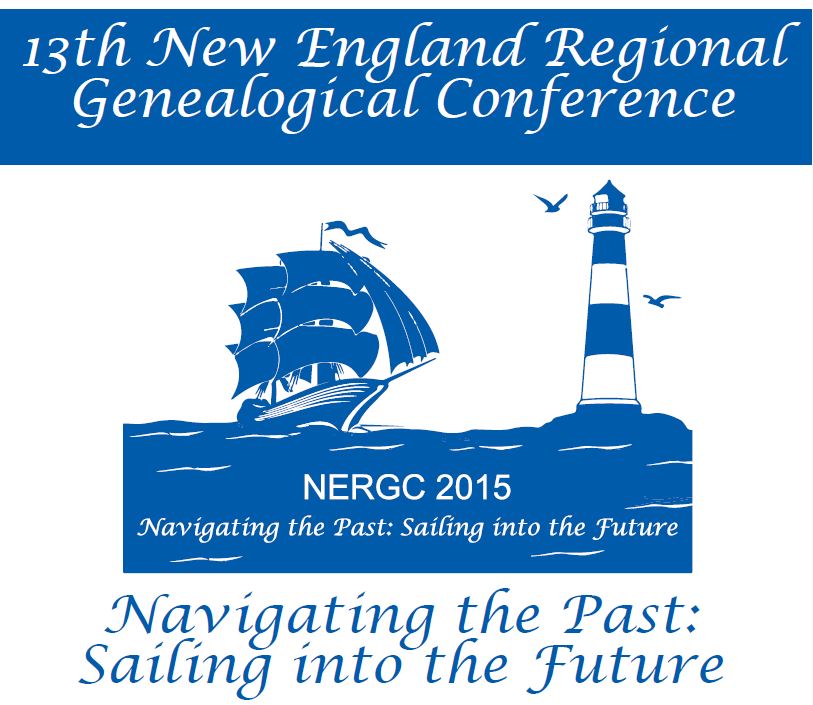
Lisa will be there–will you?
Lisa Louise Cooke will be a featured speaker for this conference along with The Legal Genealogist Judy G. Russell. Here are the lectures she’ll be giving:
Tech Day (Track 2) – Wednesday – 15 April 2015 – 10:45am – How to Turn your iPad or Tablet into a Genealogy Powerhouse
Tech Day (Track 1) – Wednesday – 15 April 2015 – 3:15pm – How to Use Google Earth for Genealogy
T-118 – Thursday – 16 April 2015 – 3:15pm – How to Use Evernote for Genealogy
S-329 – Saturday – 18 April 2015 – 3:15pm – Master Using Google for Common Surname Searches
S-344 – Saturday – 18 April 2015 – BANQUET – 7:00pm – The Google Earth Genealogy Game Show
Click here for the program brochure. For online registration and to pay by credit card, go to the NERGC website.
 Savvy shopping can save you money and time. So what does savvy DNA shopping look like? Genetic genealogy tests–yDNA, autosomal and mDNA–do require a financial investment. They aren’t cheap. But they can save you hours of traditional research and give you results that no paper trail may provide.
Savvy shopping can save you money and time. So what does savvy DNA shopping look like? Genetic genealogy tests–yDNA, autosomal and mDNA–do require a financial investment. They aren’t cheap. But they can save you hours of traditional research and give you results that no paper trail may provide. and Family Tree DNA are all competing for you genetic genealogy dollar. All offer a good service, and it can be difficult to decide who to give your $99 to.
. Yes, I said FREE!


 has launched the
has launched the 






